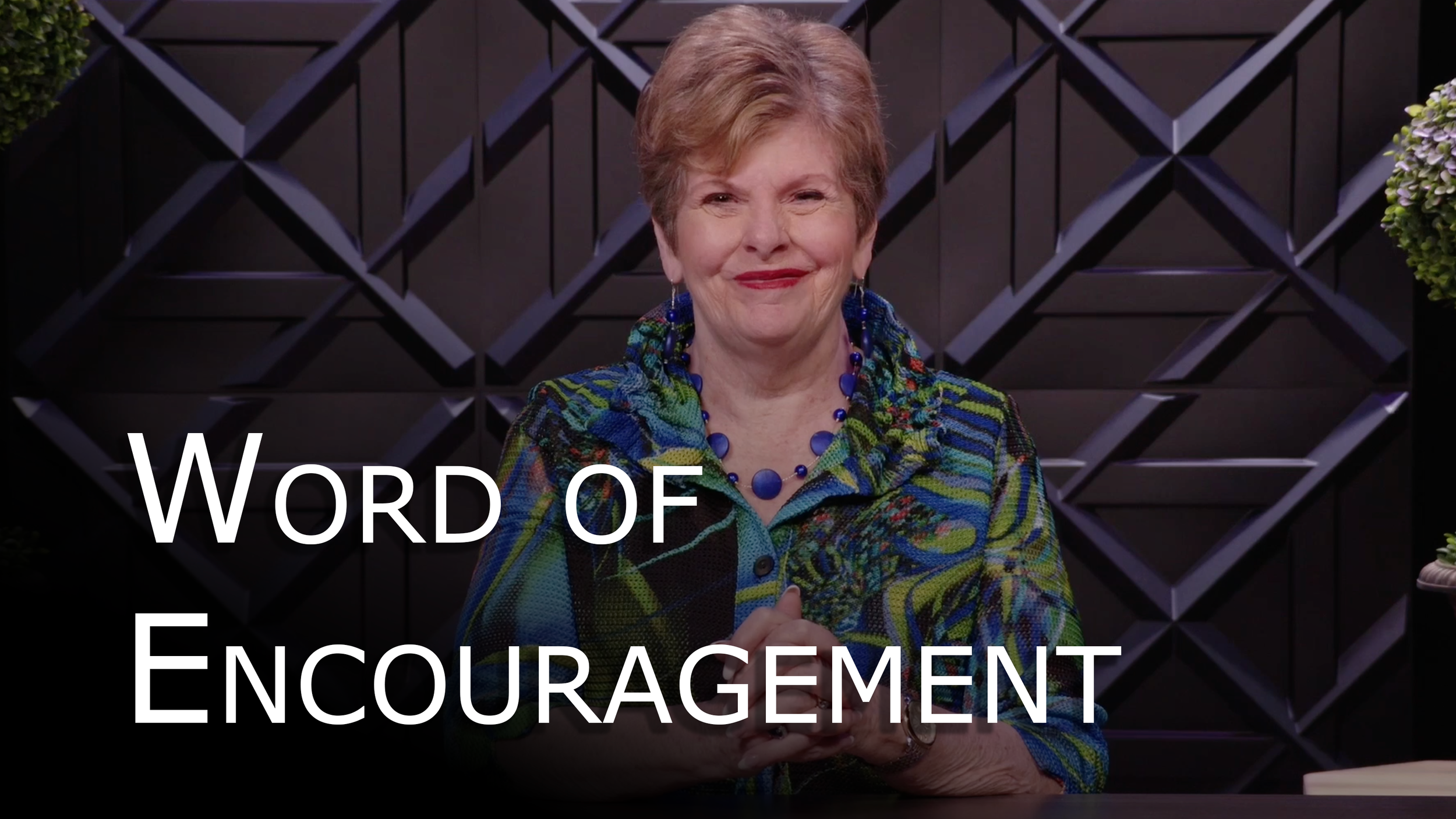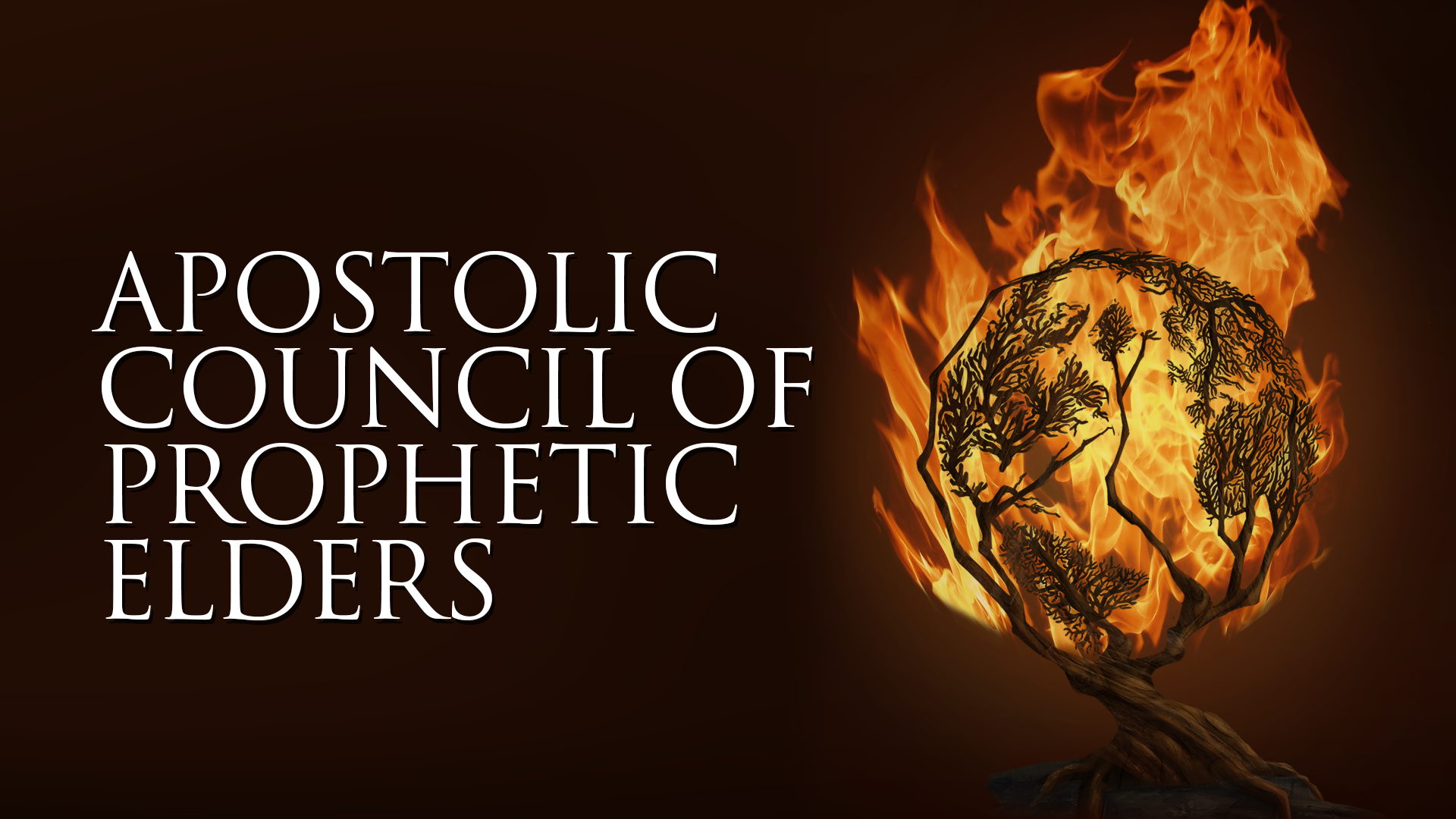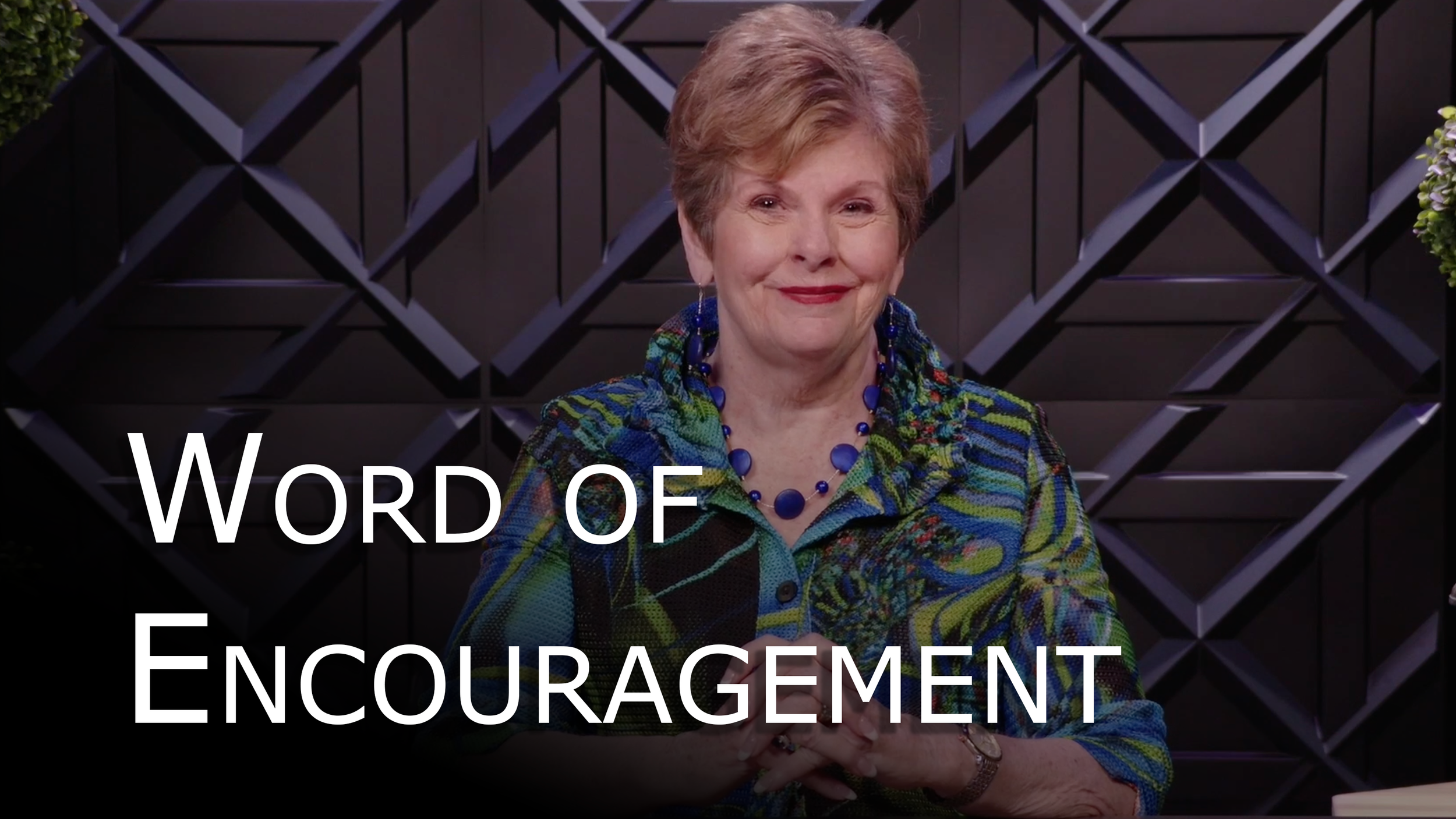Thinking Beyond the Sermon
“...let the wise listen and add to their learning, and let the discerning get guidance…” - Proverbs 1:5 (NIV)
In our world of changing technology and increasing confusion, I have become more and more aware of some of the issues and shortcomings with our traditional methods of teaching and discipling in church—an area of consideration that is often overlooked because we are used to the way it has always been done.
Church teaching, doctrine and discipline are frequently aimed at the fast track learners, those with proficient vocabularies, and/or theologians. We are aware of slower learners or those with different intelligences in the educational system, but we seem to be unaware that these same people may be struggling to understand sermons, Sunday school lessons, and Bible studies. Additionally, few people in the congregation have seminary level vocabularies.
Several years ago, Cindy, one of my students, brought a theological concern to me.
Cindy: Mrs. Crowe, I understand about the Father, Son, and Holy Spirit, but who is Trinity?
Me: I don’t understand your question.
Cindy: You know, the Trinity, the Father, Son, and Holy Spirit. Who is Trinity?
Cindy was in an English class, so we discussed the Father, Son and Holy Spirit as appositives to Trinity (they are additional words used to explain what is meant by Trinity). I use this example because I know that many reading this may have no understanding of appositives; however, those same readers will understand when I explain that the Father, Son and Holy Spirit make up the Trinity. We all bring different types of understanding and learning to our study of Scripture.
For another example, I was leading a Bible study on the Holy Spirit. One woman had been reading from the King James Bible on her own, and she had somehow come to the conclusion that we have both the Holy Spirit and the Holy Ghost. She approached me wanting to know how to differentiate between the ministries of the two. A disconnect occurred because we were each approaching the subject matter from a different context.
I highlight these stories to challenge us to think about the methods we are using to teach and disciple people. Is it possible we are not reaching them as effectively as we could because we are only considering our own backgrounds, experiences, educational levels, etc.?
I am blessed to pastor a small church filled with people who have difficulty understanding for various reasons. Some have limited vocabularies because English is their second language. Others have limited education. Some simply learn at a slower rate.
Most have become uncomfortable in traditional churches because they feel left out. Many do not have the “church manners” that require them to sit quietly. If my parishioners don’t understand a word, they simply raise their hands and ask. If they have a comment, they make it. This works in our small church, but what about larger churches where they would be disruptive? How are we going to effectively communicate spiritual truths when many people struggle to understand or just have a different learning style?
Through the ages, churches have primarily taught with the lecture (sermon) method. However, research shows that the lecture method is the least effective method of teaching! In contrast, interaction is one of the most effective methods. PowerPoint and other projection programs have enhanced the lecture method by supplying a visual, but we can do more. Here are some ideas to consider:
While it is important to use standard theological terms so that our people become aware of the vocabulary that is normal in the Church, it is even more important to ensure those words are defined in terms that most congregants can understand. Many who attend church regularly struggle with “Christianese.” I recently met with a group of pastors where we decided to promote the city-wide Thanksgiving service as “The Community Thanksgiving Gathering” rather than as an ecumenical service. Several seminary-trained pastors present admitted they did not know the meaning of “ecumenical.”
Brief breakout sessions during or immediately following the sermon would give people opportunities to discuss a particular point with those sitting around them.
Bible memorization is crucial. Paraphrasing in addition to rote memorization enhances understanding of passages.
Teachers and preachers should foster an atmosphere where every question is considered a good question and deserves a thoughtful answer. My experience has shown that if one person has a question, many others have the same question. Jesus often responded to questions and suggestions from His disciples. It was the disciples who said, “Lord, teach us to pray.” Pastors could find out some of the major questions on the minds of their church members and plan a sermon series to address them.
Dramatic readings, sketches and full dramatic productions increase learning.
As much as possible, lessons should include examples and explanations pertinent to the culture of the congregation. Farmers understand farming analogies. Those in the technological industries appreciate examples from their experience.
We live in a visual society. Maps and other graphics help learners to focus and understand. For example, with all the turmoil in our world today, it is vital that people have an understanding of geography and Israel’s physical relationship to the conflict.
Handouts can be more effective with the use of colored fonts, pictures and interesting formatting.
In all our efforts to present a well-organized lesson, we must remember that we do not truly teach unless others learn. The above suggestions don't work in every church, and that’s ok. But this is a starting place for thought, especially for those of us on the church mountain who are positioned to lead and teach others. Are there ways we can do this more effectively, ways that will help people truly take hold of spiritual truths with understanding and the ability to practically apply them to their lives?
We’ve all heard countless sermons, and there will continue to be a place for them. But let’s not be afraid of asking the Holy Spirit to help us think outside the box in order to help people’s hearts connect to Him in a deeper way.









